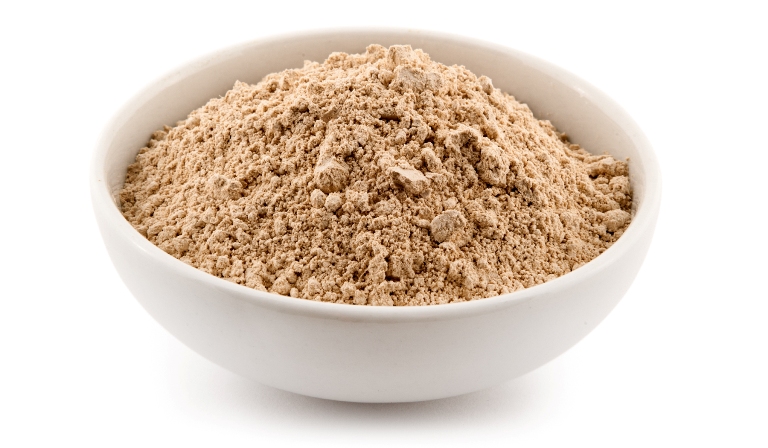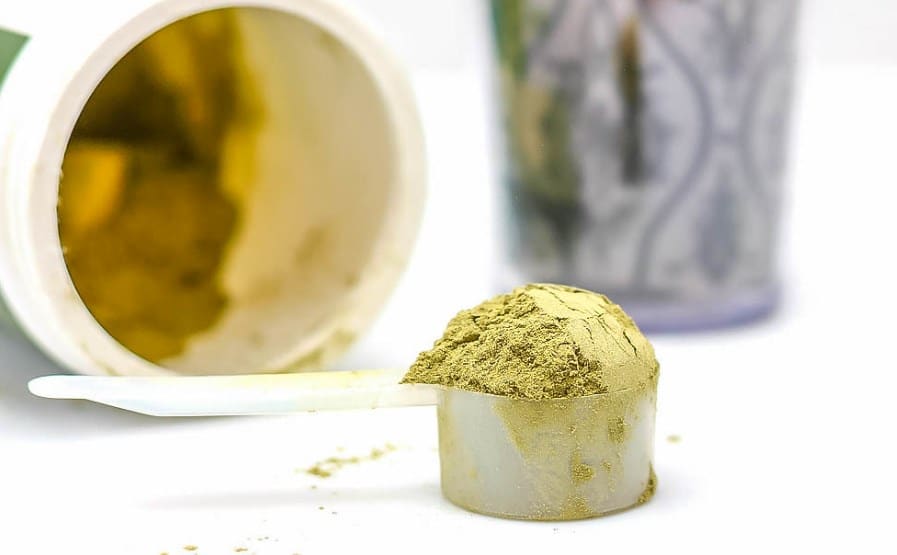If you are allocating time in the weight room of your gym for hours, bench pressing, and lifting kettlebells after dumbbells after barbells; it is only reasonable to expect stronger and bigger muscles. However, if you do not make that same commitment in your diet to guarantee that you eat proper nutrition to assist your fitness regime, the impact of your workout may be underwhelming. Perhaps trying out a protein powder is the next best step for you.

What is protein powder?
Protein powders are nutritional supplements that contain a significant amount of protein from various food sources, such as soybeans, milk, egg, rice, and peas. Aside from protein, other distributors reinforce their goods with vitamins, minerals, artificial flavoring, and thickeners. The latter products contain large quantities of fat and carbohydrates that can be considered as meal replacement powders (MRPs) rather than straight proteins.
Do you need protein powder?
Protein is an essential macronutrient that helps the body regenerate muscles and is an indispensable part of everyday nourishment. You can get proteins from a variety of natural food sources, such as poultry, seafood, and meat. However, there are also plenty of situations in which you would want to incorporate protein drinks to your diet, such as:
- You find it difficult to consume the required protein and calories to bulk up.
- You are on a weight loss journey and want to substitute an unhealthy meal with a protein shake meal replacement.
- You want the convenience of a protein shake instead of preparing complete meals.
In such cases, protein shakes and supplements may be the solution for you.
One research found that protein supplements could improve muscle mass and strength once exercise stimulation is sufficient, whereas another study revealed the same results for endurance athletes. Using protein supplementation can help to compensate for muscle soreness and encourage recovery, which ensures that if you are doing strength training appropriately and eating well, consuming sufficient protein can help you develop muscle and function better. And “sufficient protein” can include protein powders.

How much protein do I need every day?
While the current Recommended Dietary Allowance (RDA) for protein is 0.8g per kilogram of body weight, a study shows that this is not enough and should be higher irrespective of body mass. If you are bodily active, you can consume 2.2g of protein per kilogram of body weight; however, if you are living a sedentary lifestyle, aim for 1.6g of protein per kilogram of body weight.
These are all the starting figures with which you can start experimenting around as your body changes. Nevertheless, higher protein intake has no adverse effects on healthy individuals. You can begin at the top based on your objectives and modify it from there.
For most people, consuming protein from regular food is easy, so there is no need to spend hours and energy searching for a protein powder that tastes nice. However, if you find it challenging to get sufficient proteins from your meals for whatever reason and if you require extra protein than that of the average individual due to your intense workouts, a protein shake could help. It all boils down to what your body needs, what you want to achieve with your physique, and if the approach fits your lifestyle.
Leave a Reply
You must be logged in to post a comment.